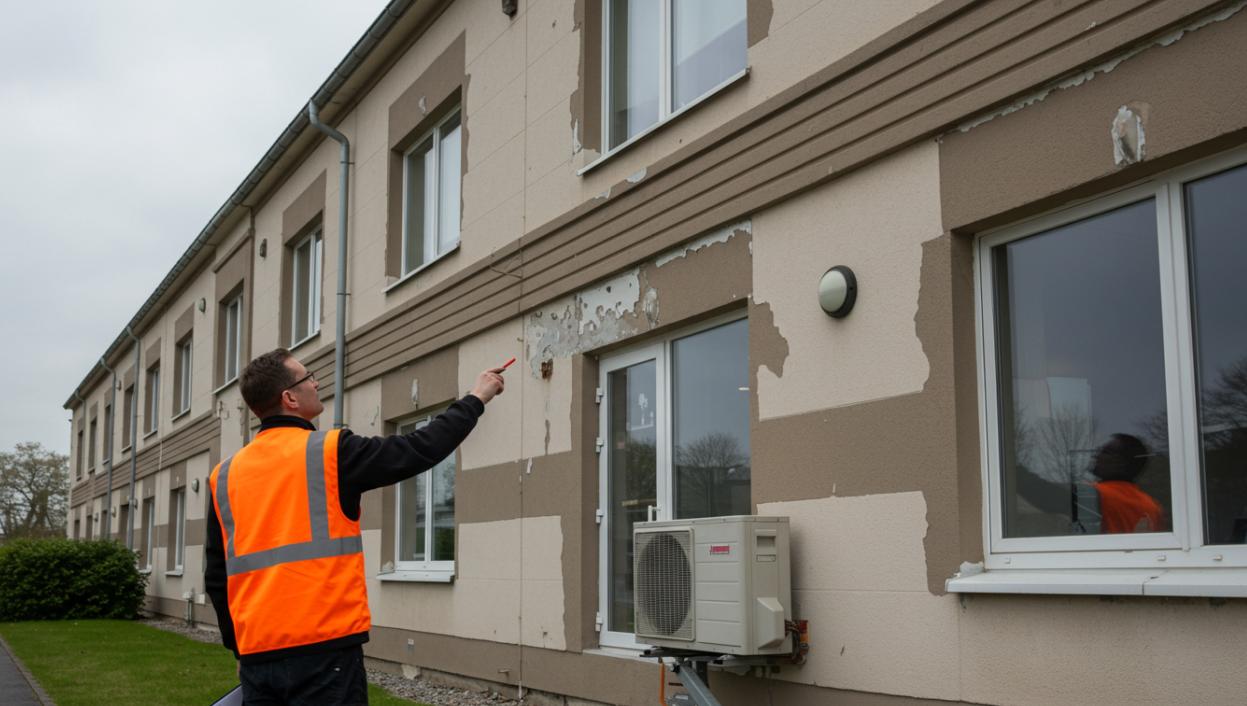The realm of commercial real estate is filled with intricate details that demand careful attention, especially when it comes to property inspections. These evaluations serve a critical role in guiding investors and tenants alike in their real estate ventures. Whether contemplating a purchase or leasing a space, understanding the value of these inspections can be a game changer.
Commercial Inspections: What you Need To Know
Inspections in the commercial property sector are not merely about checking for aesthetic issues; they delve deeper. These thorough assessments help identify hidden problems, regulatory compliance, and potential liabilities. Regardless of whether it’s a vast office complex or a cozy storefront, inspections aim to unearth issues that may not be visible at first glance.
Identifying Hidden Problems
One of the primary functions of a property inspection is to reveal underlying issues that can impact the property’s value and safety. Issues such as structural damage, plumbing failures, or outdated electrical systems fall under the radar if they are not properly scrutinized. A proficient inspector can provide a detailed report that highlights these concerns, allowing buyers to make well-informed decisions. By identifying these issues early, businesses can avoid costly repairs down the line, turning potential money pits into productive assets.
Ensuring Compliance with Regulations
Every commercial property must adhere to a spectrum of local codes and regulations designed to protect occupants and ensure public safety. Inspections serve as a safeguard against legal repercussions by confirming that a property meets all required standards. From fire safety regulations to zoning laws, understanding these legal frameworks can save property owners from fines and enforcement actions that might arise from non-compliance. Thus, incorporating inspections into the buying or leasing process becomes not just prudent, but imperative to mitigate future legal issues.
Commercial vs. Residential Inspections
While both commercial and residential inspections share a common goal—to ensure safety and value—there are distinct differences between the two. Commercial inspections are typically more complex and multifaceted, given the higher stakes and larger scale of the properties involved.
Scope and Complexity
The scope of commercial inspections often encompasses various systems, including HVAC, electrical, and fire safety systems, along with structural components. This is a stark contrast to residential inspections, which are usually less extensive. Specialized inspectors need to have a keen understanding of commercial building systems and codes to accurately evaluate properties, emphasizing the necessity of hiring experts for these assessments.
Potential Issues Unique to Commercial Properties
Commercial properties face different challenges compared to residential ones. These may include risks associated with commercial leases, tenant improvements, and unique operational considerations such as compliance with the Americans with Disabilities Act (ADA). Inspections can help highlight these issues, ensuring that potential buyers or lessees are aware of them before making decisions that could affect their business operations.

Protecting Investments through Inspections
Investment in commercial real estate demands an understanding of its complexities, and inspections are a vital tool in this regard. Conducting a thorough inspection can protect not only your financial investment, but also your business’s reputation. It can be the difference between a successful venture and a financial mishap.
Risk Management
By proactively addressing any concerns through inspections, property owners and investors can mitigate risks associated with property ownership. Identifying issues early enables negotiation power in transactions, potentially leading to reduced costs or required repairs before the deal is finalized. This can also enhance your leverage during negotiations with landlords or buyers, setting the stage for a more favorable outcome.
Building Trust and Confidence
For tenants, the act of conducting an inspection prior to leasing can foster a sense of trust between them and the property owners. When tenants see that property owners prioritize maintaining safe and compliant spaces, it cultivates confidence in the business arrangement. For landlords, this transparency can enhance tenant retention and satisfaction, key components to a successful property management strategy.
In the intricate world of commercial real estate, the significance of property inspections cannot be overstated. They are essential for identifying problems and ensuring compliance with legal standards, but also for protecting investments. Don’t take unnecessary risks, ensure your commercial property decisions are informed and secure! Engaging with a professional company, such as EM Professional Services, can help navigate these complexities and provide peace of mind.

